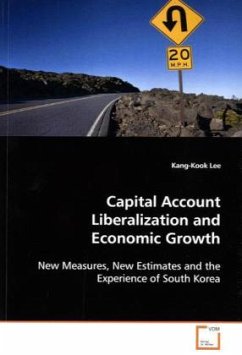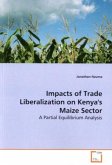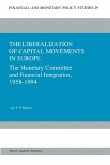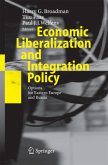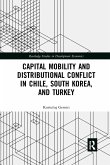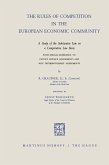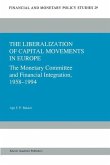This book examines the economic effects of capital
account liberalization on economic growth. The first
essay investigates the growth effects of
financial opening, using cross-country regressions
and a new measure for capital account openness. The
second essay studies whether financial opening and
foreign capital inflows eased financing constraints
and made investment more efficient in Korea. There
is no evidence that capital account liberalization
promotes long-term growth and made the Korean
financial market in the 1990s. In the last essay,
the historical development of capital controls,
capital account liberalization and the 1997
financial crisis in Korea is examined from the
political economy perspective. The Korean experience
demonstrates the important role of capital controls
for national development and the danger of careless
financial opening. This study critically evaluates
the mainstream support forfinancial globalization
and emphasizes an alternative development strategy.
account liberalization on economic growth. The first
essay investigates the growth effects of
financial opening, using cross-country regressions
and a new measure for capital account openness. The
second essay studies whether financial opening and
foreign capital inflows eased financing constraints
and made investment more efficient in Korea. There
is no evidence that capital account liberalization
promotes long-term growth and made the Korean
financial market in the 1990s. In the last essay,
the historical development of capital controls,
capital account liberalization and the 1997
financial crisis in Korea is examined from the
political economy perspective. The Korean experience
demonstrates the important role of capital controls
for national development and the danger of careless
financial opening. This study critically evaluates
the mainstream support forfinancial globalization
and emphasizes an alternative development strategy.

